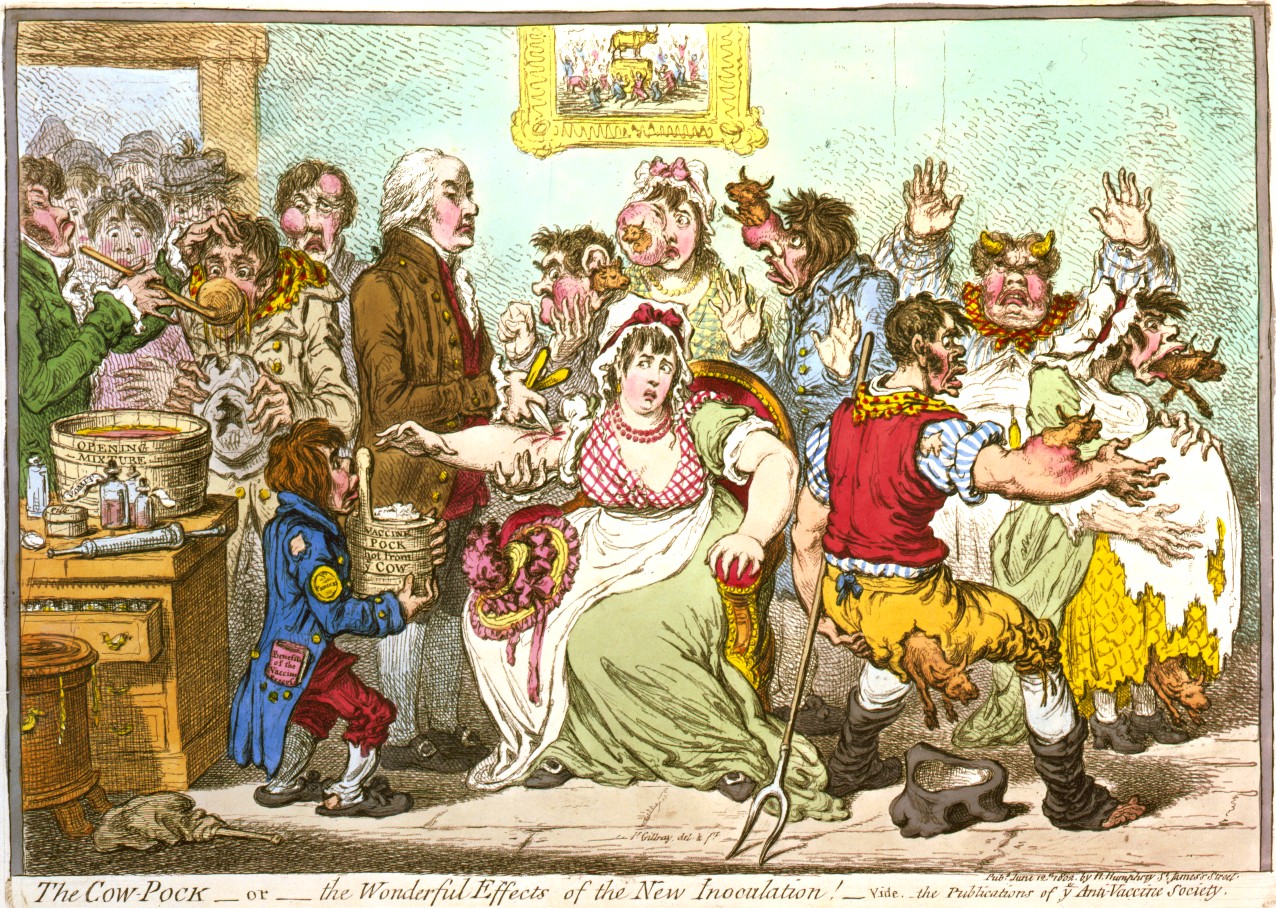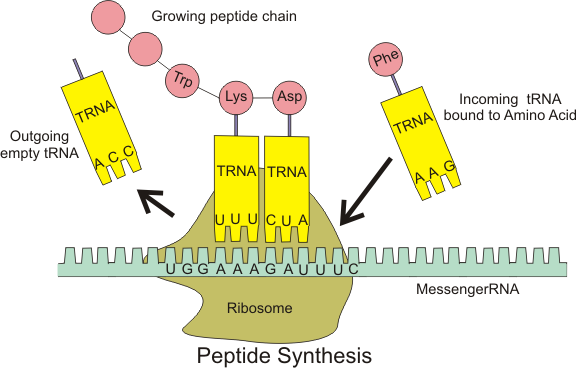Hi
firstly I should make it clear that this is an area in which I have a degree and a research masters. So I'm not your typical 'in my opinion' sort of poster.
I guess that depends if you want to include vaccinations, antibiotics, knowledge of bacteria and germs, etc. in modern medicine. If you include all of that in the definition of modern medicine (only the last 100 -200 years of human existence), then my premise is a fair one. If you only include invasive medical procedures and consider all of the above as normal progress, then you’re correct.
firstly let me put into perspective the situation with respect to vaccinations. If we put the US population pre-vaccination availablity at about 200 Million then the following figures seems to stand out as being quite relatively small
Before polio vaccine was available, 13,000 to 20,000 cases of paralytic polio were reported each year in the United States.
An average of 450 measles-associated deaths were reported each year between 1953 and 1963
so taking the higher number in there for paralysis (not death rates) it gives about 0.1 person death per thousand.
Even in the USA the effects of simply providing clean water and sewerage systems is misunderstood by most people. For instance:
In their recent article, "The Role of Public Health Improvements in Health Advances: The Twentieth Century United States,"1 Cutler and Miller conclude that clean water technologies, filtration and chlorination, were responsible for nearly half of the total mortality reduction in major cities between 1900 and1936, with even greater impact on infant and child mortality rates during that same time period. Significantly, these technologies led to the near-eradication of typhoid fever, the waterborne disease that was one of the major scourges of that era.
so clean water alone is the "low hanging fruit" which halved mortality rates. Not bad. Then there is hygene and the other things I mentioned. These ALL stem from the understanding of bacteria and the work of men like Pasteur. (Pasteurized milk for instance). So knowing about germ theory is critical to the discovery of these things.
Entero-bacter (ones which come from your bowel) still represent the major human pathogens today. E coli and skin bacteria such as (my old friend) Staphylococcus aureus.
Hospitals are realising that simple handwashing between patients has a profound effect (see nosocomial infection).
you go on to say...
Eugenics is quite dated. It was more of a philosophy of intentional directed evolution that forcefully removed bad genes from the human race as well as directed breeding for intelligence and physical ideals.
true ... none the less it ties in with this discussion and the ideas of genetic engineering have quite a number of eugenecists as their founding fathers.
This is not at all what I’m referring to. My thought was just more of a ‘what if we didn’t intervene at all’?
My feeling is that the situation is such that with greater and greater sedentary positions in work, the greater use of power tools to assist in labour jobs, that people could easily harbour a congenital defect (say Aortic Stenosis) well into their 40s. It would only be the relative extreme outliers (like me and you) who needed surgery earlier.
But we make up such a small percentage of the population that I reckon there are are no community wide reasons to chase the removal of that
problem from the gene pool (either by breeding, natural selection, or engineering).
Hoping not to be too insensitive here – but conversely, I have five children, two of which demonstrate a very mild presentation of BAV. Their presentation presents no concerns about them living long enough to procreate. They might need a replacement in their 40’s or 50’s the way things look now. These wonderful kids would not be in the gene pool were it not for my first surgery.
That is not insensitive in my view of the world, but thank you for being polite. I am glad that you have wonderful kids who are likely great members of our society. I am sorry that they have the burden of this genetic pre-disposition and wish that their operations are successful and allow them to have long and happy lives.
As it stands now surgery will be their only options, as they have the condition. There may in the future be a possibility to assist them to have children without this gene, and thus not pass that forwards. That may be a choice and a moral dilemma that they have to face.
On the other side of the coin, I would leave you with my own personal dillema. "Would I have been who I am today without having gone through the surgeries, the medical treatments, the sufferings, the heart ache which my genes dictated to me?"
My wife died of a brain tumor which has a strong genetic likelihood within her family. In some cases this gene codes for breast cancer, in others colo-rectal cancer and in her case Glioblastoma multiforme. We were both significant statistical outliers in almost all ways of considering it.
So in the end I feel that the struggle for "a cure" can overlook the persona epiphanies that come only from adversity and challenge. It is some sort of paradox to me that as we strive to make our world more comfortable here in the west that the result is simply greater selfishness and narcissism (Facebook anyone?). It seems to me that we have the opportunity to see things others never can. Which is why I often feel that a "return to normal life" after such a wake-up-call as discovery of BAV and OHS is is such a waste of potential.
Let me recommend you one of my favourite movies: GATTACA. I'm sure you'll find the heart theme, the genetics theme and the strive for living theme captivating.
Its been a pleasure talking with you






